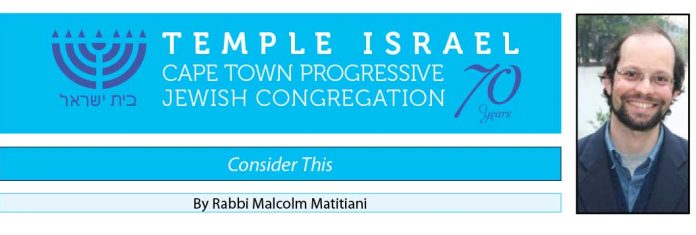The tradition of tikkun leil Shavuot (studying Torah throughout the night of Shavuot) is first mentioned in the Zohar (on Vayikra 23). it records that a select group of people, calling themselves Chasidim, used to stay awake the night of Shavuot learning Torah in order that the bride (the Shechinah) would be adorned appropriately to meet her husband (God) in the morning.
While Rabbinic literature describes the Revelation at Mount Sinai as a wedding between God and the People of Israel, the kabbalists understood the giving of the Ten Utterances (the anniversary of which is celebrated on Shavuot) as a wedding between God and the Shechinah (the Divine Presence). Just as at a Jewish wedding the bride is adorned and praised by her retinue, so the Chasidim would study Torah throughout the night in order adorn the Shechinah for her ‘wedding’.
In the 16th century, Yosef Caro (author of the Shulchan Aruch) brought his custom of staying awake all night on Shavuot studying Torah to the Land of Israel where it became widespread in the town of Sefat. Avraham Gombiner (known as Magen Avraham), a 17th century Polish rabbi and Talmudist opined another non-mystical reason for tikkun leil Shavuot. Basing his explanation on a midrash (Shir HaShirim Rabbah 12:1, 2), Magen Avraham taught that the reason for observing tikkun leil Shavuot is to rectify the error of the Israelites who left Egypt and slept through the night preceding the Revelation at Mount Sinai. The midrash quotes Rabbi Yudan who claims that they slept so soundly that not a flea bothered them. God had to wake them with thunder and lightning (Exodus 19:16). The rebuke of Isaiah (50:2) is viewed by this midrash as a taunt about this mistake on the part of our ancestors: “Why, when I came, was there no one? When I called, was there none to answer?”
Most Jewish communities and congregations around the world observe tikkun leil Shavuot in some form: either studying the prescribed texts as set down by the kabbalists of 16th century Sefat or the amended version of Rabbi Isaiah Horowitz (1555-1630); or studying texts chosen at the discretion of the community or individuals. The rabbinic meaning of Shavuot as zeman matan Torateinu, “the time of the giving of our Torah” lends itself to the practise of all night study. Just as the Israelites had to prepare themselves spiritually and emotionally to accept the precepts of the Ten Utterances (Exodus 19:10-13), so each year we prepare ourselves for receiving Torah. We do so by actively engaging with our sacred texts and the commentaries and writings of the sages, scholars, philosophers and thinkers of preceding and current generations.
By studying, discussing and critically analysing the teachings and observations of our predecessors and contemporaries and learning from each other, we adorn our traditions and values as guests at a wedding adorn the bridal couple with song, blessings and festivity. In addition to engaging with the words of Torah we are obliged to infuse our actions and speech with the inherent ethics and morals of Jewish tradition. Shimon HaTzadik (Pirkei Avot 1:2) had good reason to teach that Torah study and acts of lovingkindness are two of the three pillars of Jewish worship upon which the world stands (the third being avodah – service). These bring us closer to God and assist us in our task as partners with God in repairing the world. Such activity should be the regular daily practise of all Jews, indeed of all human beings. It is on the night of Shavuot that we emphasise this ideal by undertaking communal study until “the time to recite the morning Sh’ma has arrived” (the Pesach Haggadah).
Just as wedding guests rejoice with the bride and groom, so we rejoice in Torah by studying and debating the words and ideas of our sacred texts. We remain awake determined not to lose the opportunity to glory in the Shechinah. As a form of atonement for our ancestors’ lapse we show our determination to grasp the opportunities that life affords us to grow spiritually and intellectually and to make a positive contribution towards the betterment of the world.
Wishing you all Chag Sameach and a meaningful Shavuot.











